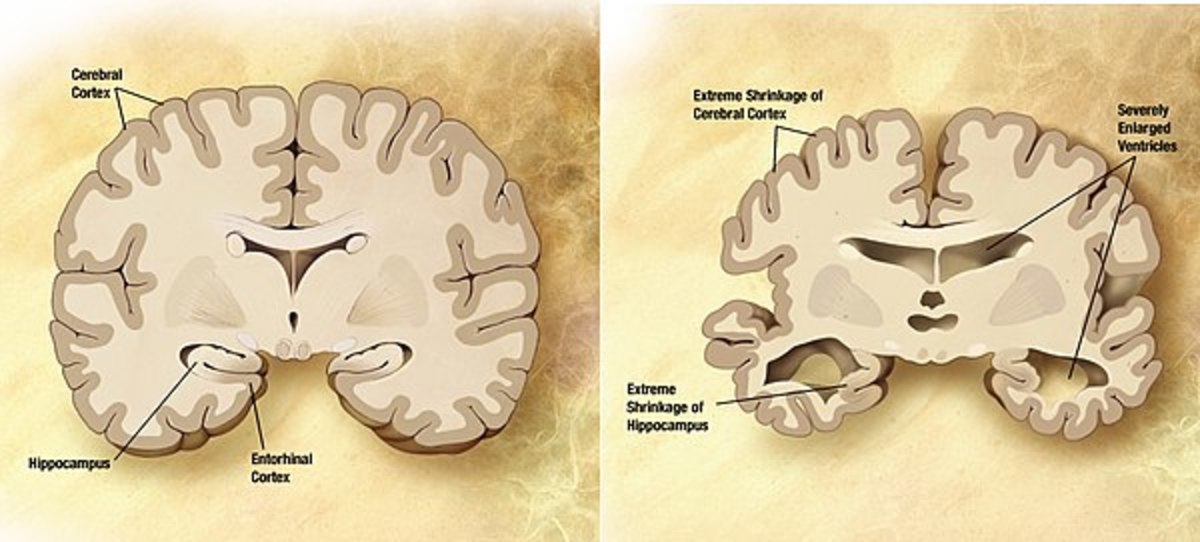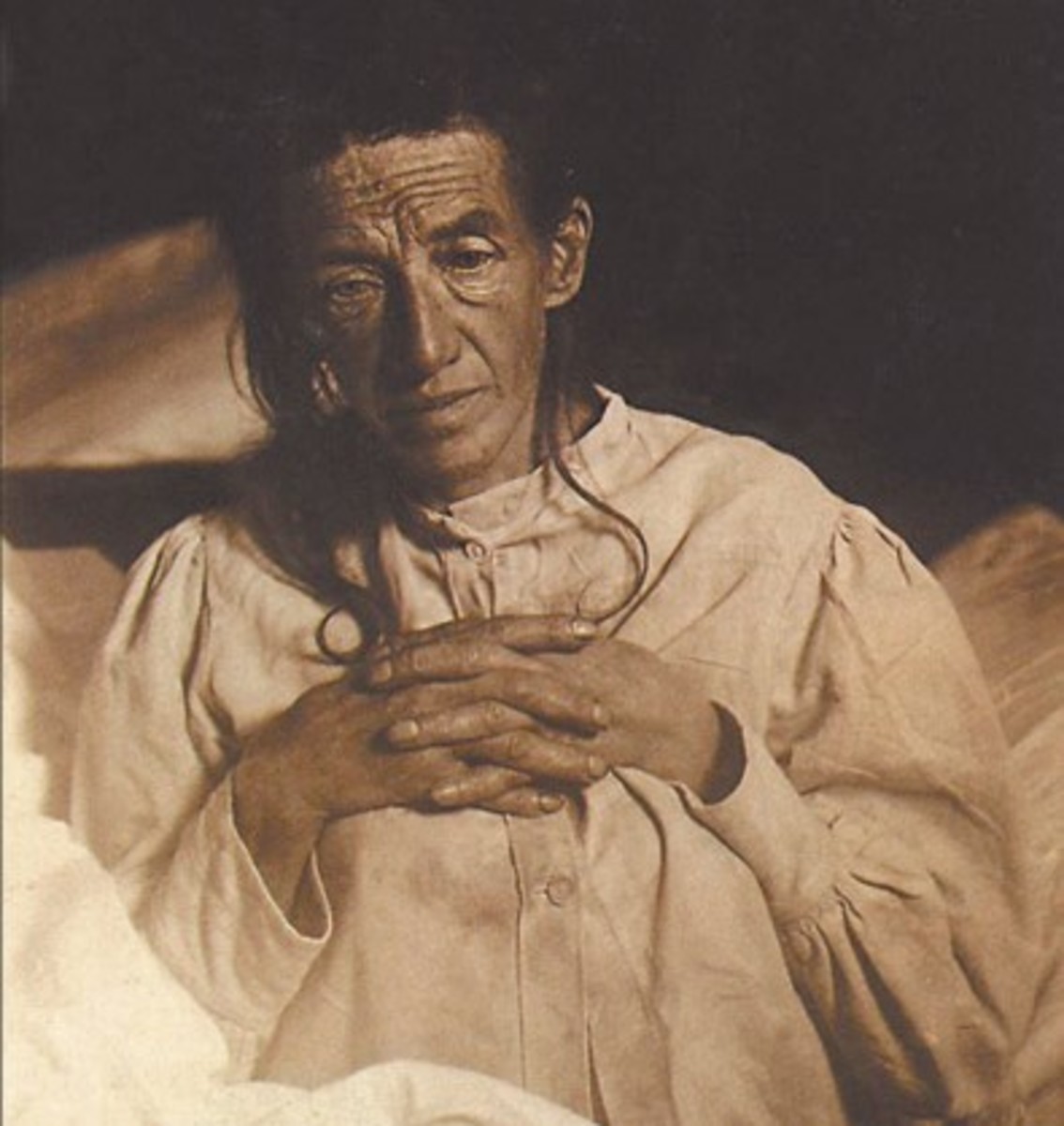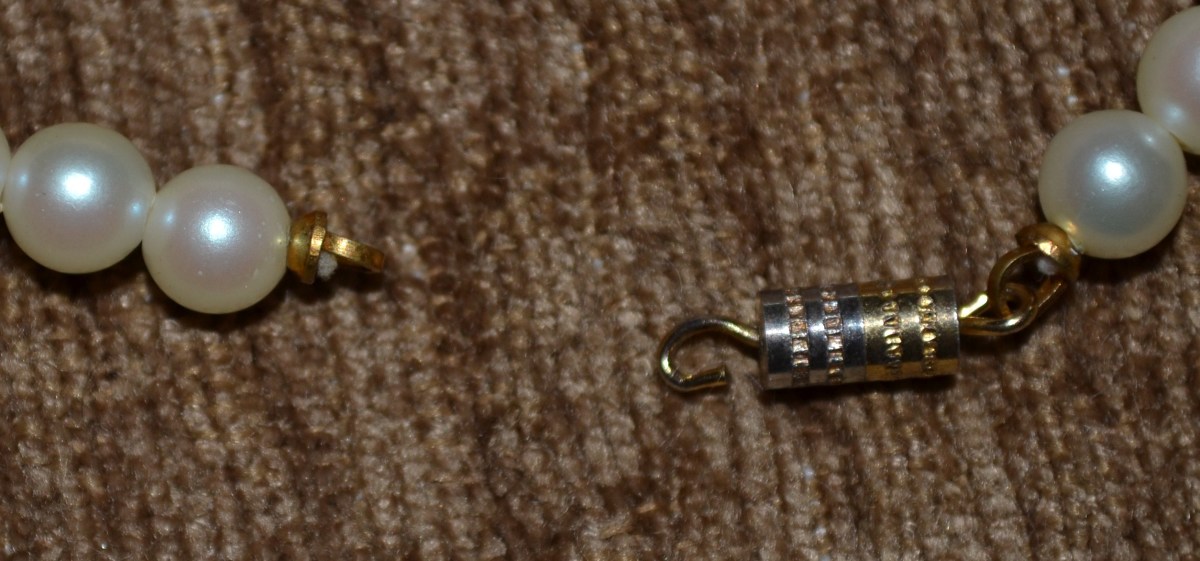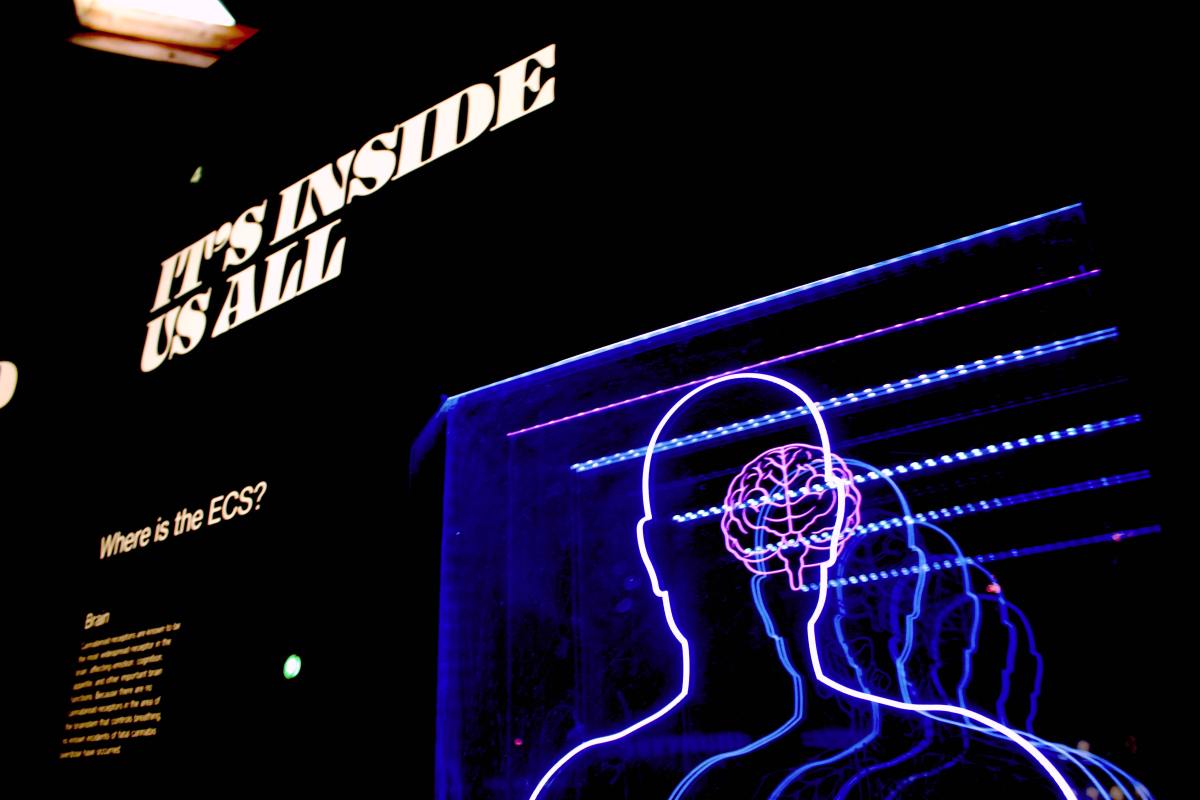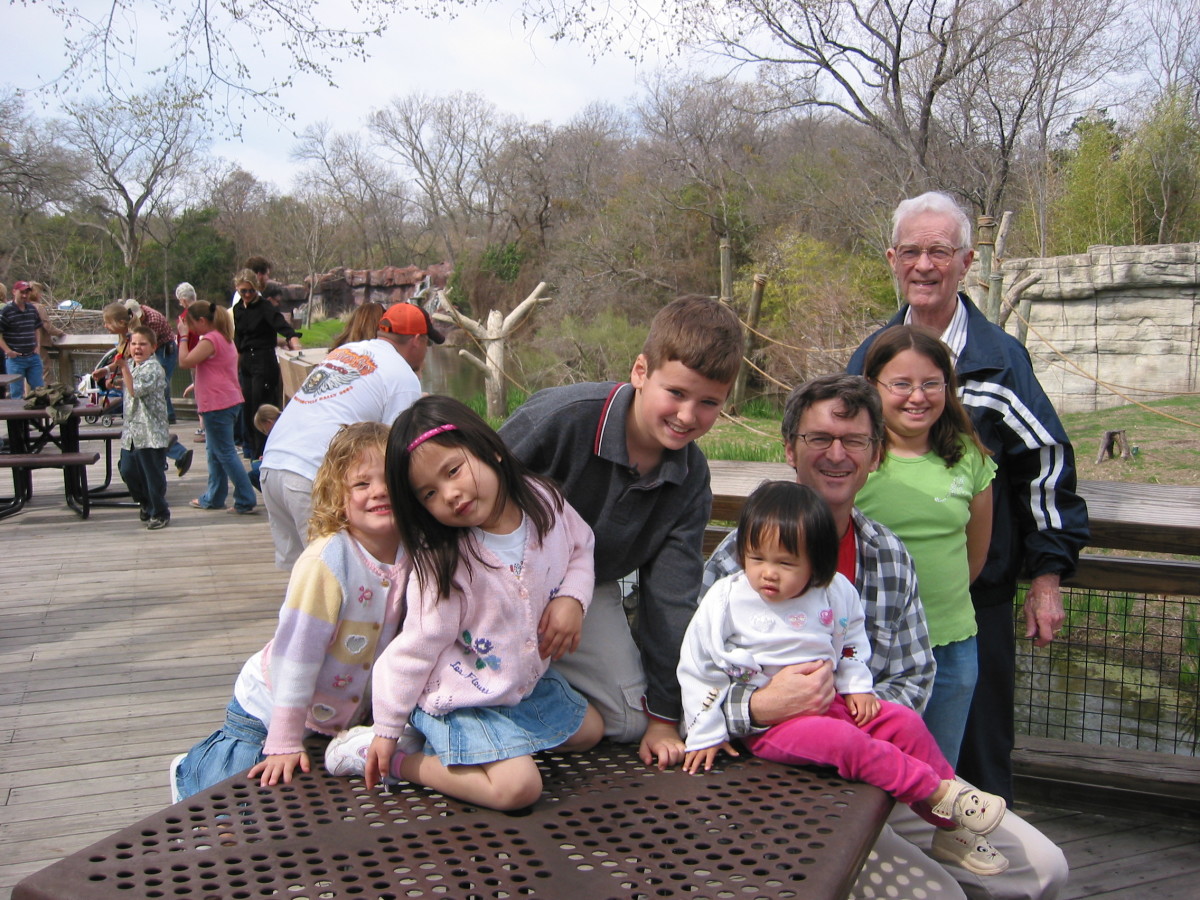Alzheimer's Caregivers - Support Groups
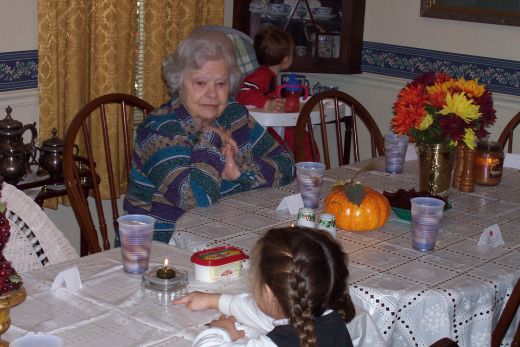
Alzheimers
My mother had Alzheimers. It literally destroyed almost every aspect of her life - past, present, and future. It wiped out all her fond memories and made simple everyday tasks seem like insurmountable efforts. She needed help taking her medications, bathing, and dressing. She often couldn't recall the names of close family members. It also changed much of her personality, often into someone we didn't know. Luckily, we sometimes got to see glimmers of the "old Mom," even at the end. Ultimately, it ended her life, robbing her of her future. Yes, Alzheimers is devastating for the person affected by the disease, but it's also devastating for loved ones like family members and close friends, especially if they're the ones caring for the person with dementia. Dealing with a loved one who has developed Alzheimer's disease is a proverbial tough row to hoe, so to speak. If you find yourself in the role of coping with Alzheimer's, you can benefit profoundly from seeking help from Alzheimer’s support groups. Such groups might be formal or informal, but either way, Alzheimer’s caregivers need some sort of help.
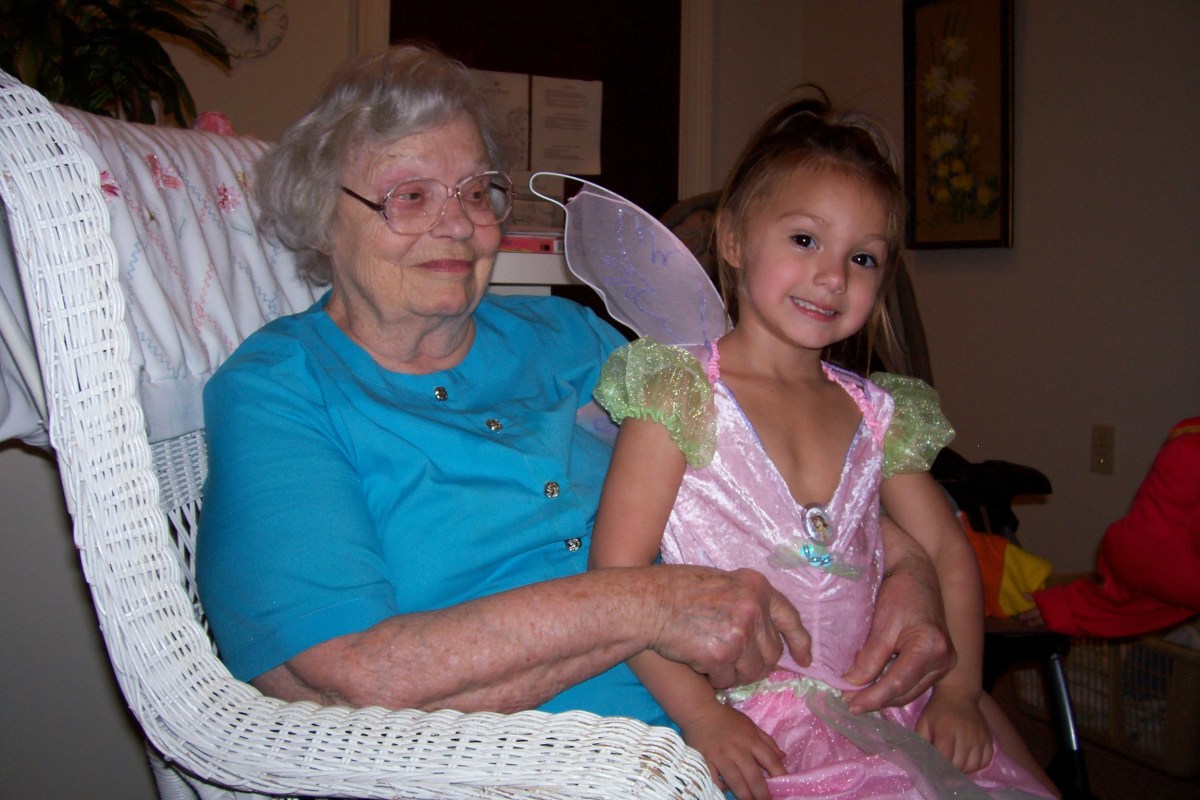
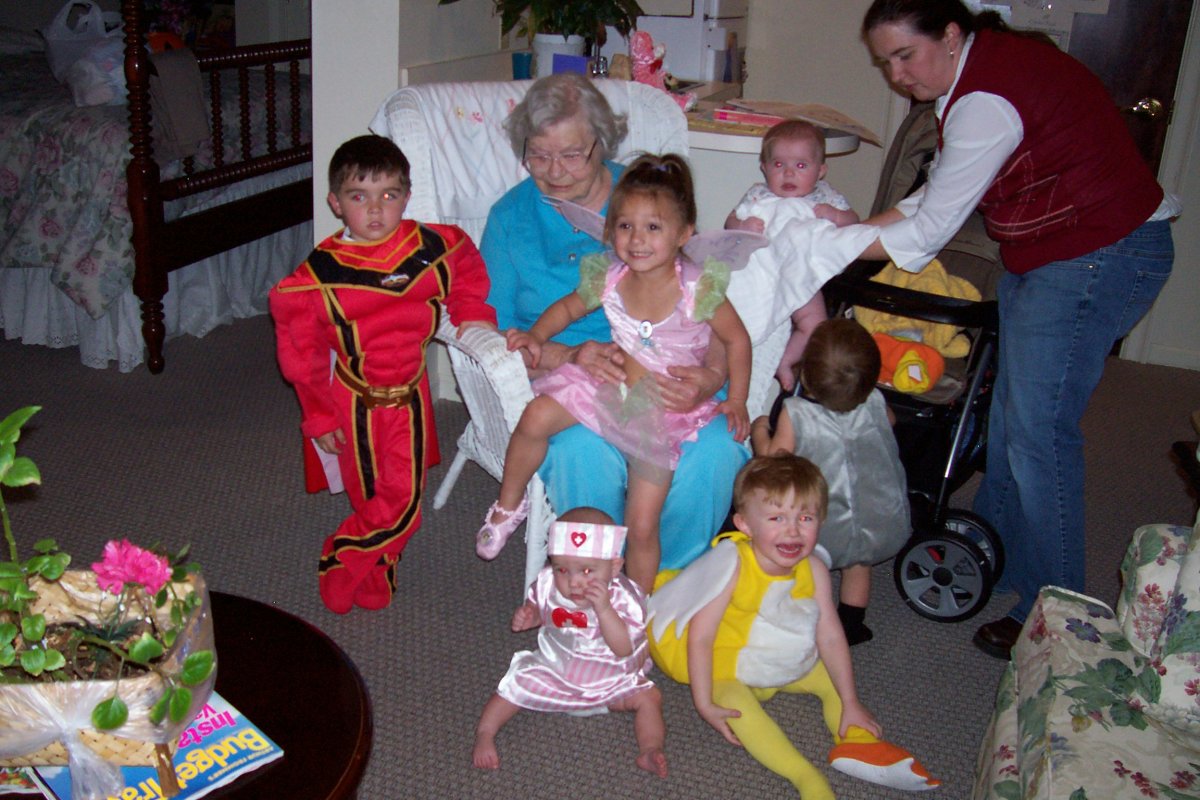
Dementia Care
Dementia Care is extremely taxing and unbelievably detailed. Unless you’ve been the caregiver to someone with Alzheimer’s or some other type of dementia, you have no idea what all is involved. It isn’t like babysitting an infant or child – it’s worse. These are walking, talking adults, and some are physically strong and can be hard to control. And even though their minds aren’t sharp, they still have a mind of their own, and their ideas are usually counter to yours.
I could tell you some stories about Dementia Care that you probably wouldn’t believe. Some experiences made me laugh, some made me cry, and some made me feel totally helpless. And yes, I was often frustrated. When Mom was especially mean or combative, I admit that I sometimes felt anger toward her. The anger lasted only a fleeting moment, as I always quickly told myself it was the disease.
When caring for someone with Alzheimer’s or dementia, you often have to be the person’s mind, heart, and body. It’s not as simple as feeding them three meals and a couple of snacks a day and making sure they take their prescription drugs correctly. Of course, those are important, but they’re just the tip of the iceberg. You might have to help them bathe, dress, and brush or comb their hair. You’ll probably have to console them when they’re sad and calm them down when they’re mad or upset. If it’s a loved one for whom you’re caring, the person’s happiness should be a chief concern for you, and it’s not easy to keep someone with Alzheimer’s disease happy or content. They might have wild and unexpected mood swings. They might be crying one minute because of some imagined tragedy, and the next moment, they might be laughing at some inappropriate time. They might totally lose interest in things they used to enjoy. Mom had always loved shopping, even after her diagnosis. For the first few years, she still enjoyed short shopping trips, so I’d often pick her up from the facility for an outing. Near the end, however, she didn’t want to go anywhere. It seemed that the only place she felt safe was in her room in the facility.
You can also somewhat serve as the person's memory. Use old photo albums, familiar objects, and beloved keepsakes. Ask the patient what they remember about the items or about the people and scenes in the photographs. If you have family videos, use those, too. For a long time, Mom loved looking at old photos, but eventually, she lost all interest in them.
Something that she did continue to enjoy up to the end, however, were visits from family members. Oftentimes, she couldn’t recall their names, and she wasn’t usually sure what the connection was, but she seemed to know there was some close connection. I encouraged our extended family to visit as often as they could, and most of them were pretty good about doing so. She especially enjoyed the visits from my grandchildren, her great-grandchildren.
Dementia Care - more tips:
Alzheimer’s Support Groups
Take it from someone who's "been there" - you need to take advantage of Alzheimer's support groups. There are several official groups that can provide you with information, emotional support, and sounding boards. Sometimes you might just need someone to talk to, to share your feelings and concerns. If that's the case, you can informally create your own Alzheimer's support groups. Perhaps you know other caretakers and loved ones who are dealing with the disease of a close family member or friend. Reach out to them. You might be surprised at all you can learn from others who are in your situation or have been in it in the past. They might very well be able to help you with strategies for Alzheimer's. If you're a church-goer, turn to your pastor or to other members of the congregation. Share your feelings with close friends. Sometimes just talking about a problem can prove to be cathartic. Also, someone not so directly involved with the Alzheimers patient might be able to see things more clearly and more objectively.
My best friends were one of my best Alzheimer’s support groups, even though they aren’t in the medical field. None of them had even had any experience dealing with Alzheimer’s or dementia care. These pals, however, cared about me, so they were always there for me. I remember being upset and frustrated one day when I couldn’t explain something simple to Mom. Sandy told me I was wasting my time trying to use logic with a person incapable of logic. “You have to think outside the box and come up with a new strategy,” she told me. She was also finally able to convince me to stop arguing with my mother and to just agree with her – unless, of course, doing so would endanger her. I began following Sandy’s advice, and by doing so, I wasn’t nearly as stressed out or as frustrated. When Mom told me she had a new job as a bus driver, I just smiled and nodded. When she told me she was a fighter pilot in World War II, I responded with something like, “Wow! I bet that was exciting!” When she complained to me that someone had stolen the piano from her room (although she’d never had a piano), I told her I’d investigate, and that satisfied her. Sandy gave me good advice because she wasn’t so close to the situation.
Alzheimer’s Caregivers
For several years, I was Mother's chief custodian. Let me tell you, Alzheimer’s Caregivers have a very demanding job, often without pay or benefits. When Mom got to the point that she could no longer live alone 24-7, my husband and I moved in with her. We both worked, but we were there the rest of the day and night to help Mom with everyday activities like making sure she took her medications, helping her pay bills, running errands for her, and making sure she ate properly.
As Mom's condition deteriorated, we could no longer keep her at home. Because of Alzheimer's disease, she needed around-the-clock supervision, and we could not afford to quit working. We ended up putting Mom in an assisted living facility next door to my place of employment. This made it convenient for me to check in on her every afternoon on my way home.
Mom began failing in 2002, and she died in 2008. That was a long six years for us - not to mention how difficult it was for her. I am totally convinced that Alzheimer's is the worst malady that can befall a human being. For the individual who has the disease, it's terrifying. The early stages were probably the worst for Mom - when she was still cognizant enough to know what was happening. She was a nurse and knew what her future held, especially after watching her own mother suffer from the condition.
I remember Mom's trying her hardest to remember my father - her husband of 60 years. He had died in 2001, and on most days, she could not remember anything about him. I remember her telling me, "I know your father and I were married a long time, and during those years, we must have made some good memories...but I can't find them. It's as if someone stole my life away...like it never even happened."
That was heart-breaking for the entire family, especially so for my brother and me. That’s one of the most difficult parts for Alzheimer’s caregivers – dealing with the sadness and feeling of hopelessness. As Mom got worse, she became harder to handle, but in a different way. She went through a short period of time when she became very combative, which was totally out of character for her. She cursed sometimes and accused family members of all kinds of crazy things. Of course, we knew this was not really our beloved mother saying such vile things - it was the Alzheimer's disease - but it still hurt.
Later, Mom got to where she didn't always recognize us. This hurt, also, even though we knew she couldn't help it. She always recognized me as someone she loved, but she couldn't always remember my name or that I was her daughter. Sometimes she thought I was her sister, and at other times she thought I was her mother. I must say, however, once Mom reached this stage she seemed happy all the time. But she had become somewhat robotic, with very little of her "old self" left. It was as if our real mother had already died and some imposter was in her body.
Unless you've gone through the tragedy of having a loved one with Alzheimer's, you don't know the toll it can take on a family - especially on the chief caregiver. Sometimes you don't think you can endure another day of the pain, the sorrow, and the frustration. At other times, you'll feel an immense sea of grief, wondering if you shouldn't be doing more. Sometimes you'll feel guilty for not having the patience of Job or the wisdom of Solomon...but there is help: the Alzheimers Foundation.
Tips for connecting with Alzheimer's patients:
Alzheimers Foundation
I needed some Alzheimer's help. Are you familiar with the Alzheimers Foundation? I've seen Alzheimer's disease. I know it well, though I certainly do not consider it a friend. I watched as it took my grandmother. Its voracious appetite was not sated, however, and years later, it came back to devour my mother.
The Alzheimer's Foundation of America is a non-profit organization that helps people cope with this debilitating disease. It offers strategies for caregivers and family members, including tips on understanding the disease, relieving stress, and how to think positive. The foundation offers advice on cognitive stimulation to slow your loved one's decline, how to comfort your loved one, and how to plan for their long-term care. They also provide advice about communicating with physicians and educating yourself about the disease to help you better handle it.
I found that just visiting the website of the Alzheimers Foundation was comforting. I knew that I was not alone and that there were people who cared. I received a wealth of information through the foundation, along with a treasure of support. If you're dealing with a loved one who's struggling with Alzheimer's disease, contact the Alzheimer's Foundation. If you chose not to, at least form a strong support group from among your family members and friends. Be sure to include at least a person or two who are far enough removed from the situation to offer you some objective advice. Alzheimer’s caregivers perform an extremely difficult job, and they need help from wherever they can get it.
Read more about health:
- Important Vitamins and Minerals for Seniors
Its amazing the power some vitamins and minerals have. Funny, these things have been around forever, but thanks to the multitude of scientific studies, scientists and doctors are just beginning to unlock... - Improving Fertility without Drugs: 25 Tips
Fertility rates in the US have sharply declined over the last few decades. Thousands of couples today have trouble conceiving. Doctors are not completely sure what has caused the decline, but several... - Nursing Home Neglect and Abuse
The time will come for most of us when he have to face that our parents or other elderly loved one can no longer live alone. Maybe youve even considered moving in with him, or having him move in with you... - How to Prevent, Treat, or Delay Alzheimer's Disease
Alzheimers disease. Just the mention of the word is scary. And the condition is devastating. It robs victims of their mental functions and can even erase precious memories. It can totally change the...


